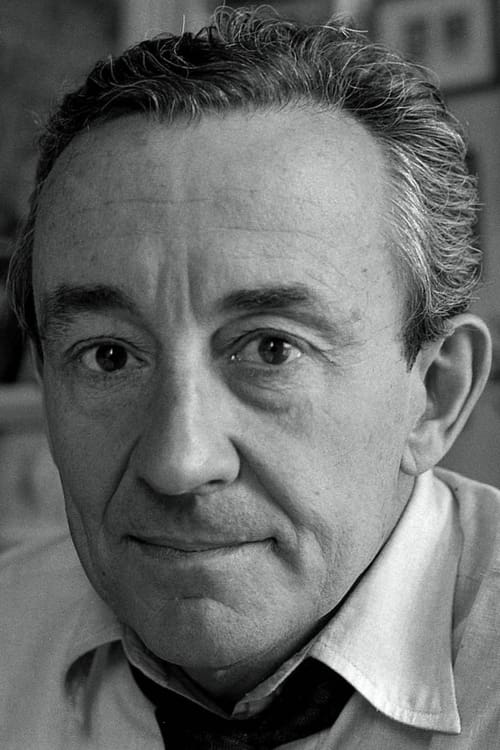
Self (archive footage)
Liz Garbus takes an inside look at Jacques-Yves Cousteau, adventurer, filmmaker, innovator, author and conservationist.

Self (archive footage)
About the Gabriel Matzneff affair and pedophilia in French culture and society from the 1950s to the present day. "It was not very difficult to know who Matzneff was at the time." Vanessa Springora denounces thus, in an interview with the Parisian , the support which benefited the writer Gabriel Matzneff , in the years 1970 and 1980. The author fifties then maintains an affair with the young girl, aged 14 years. A relationship under control that the editor tells in Le Consentement (éd. Grasset), published Thursday. "After having analyzed the work " , the Paris public prosecutor's office announced Friday January 3 the opening of an investigation for "rapes committed on the person of a minor of 15 years".
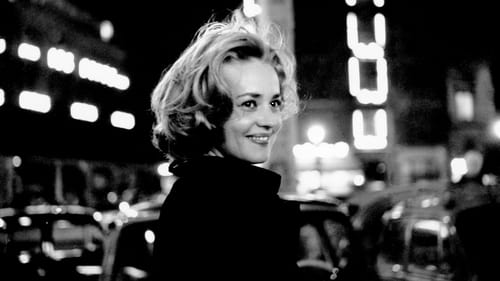
Self - Filmmaker (archive footage)
An account of the life of actress Jeanne Moreau (1928-2017), a true icon of the New Wave and one of the most idolized French movie stars.
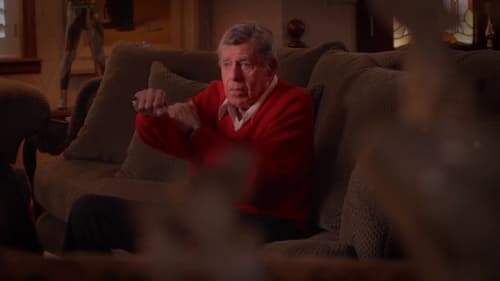
Self (archive footage)
Since the early days, Jerry Lewis—in the line of Chaplin, Keaton and Laurel—had the masses laughing with his visual gags, pantomime sketches and signature slapstick humor. Yet Lewis was far more than just a clown. He was also a groundbreaking filmmaker whose unquenchable curiosity led him to write, produce, stage and direct many of the films he appeared in, resulting in such adored classics as The Bellboy, The Ladies Man, The Errand Boy, and The Nutty Professor.

Self (archiveFootage)
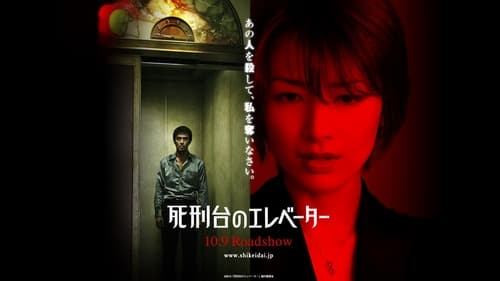
Original Story
A phone conversation occurs between a man and a woman. They both state their love for each other and that they will do this so they can be together. The woman is in a hotel room with a view of the port. The man is inside of a parked car with a view of the ocean. A man named Colonel appears and hands the man a box with a loaded gun inside. The Colonel states "its a present from the witch". The woman's name is Meiko (Michiko Kichise) and she is the young wife of Takamitsu Temiyako (Takamitsu Temiyako) - president of a large medical corporation. The man in the parked car is Dr. Tokito Takahiko (Hiroshi Abe) an employee of the large medical corporation. This evening, Meiko and Tokito will implement their plan to murder Meiko's husband and frame his death as a suicide.

Self (archive footage)
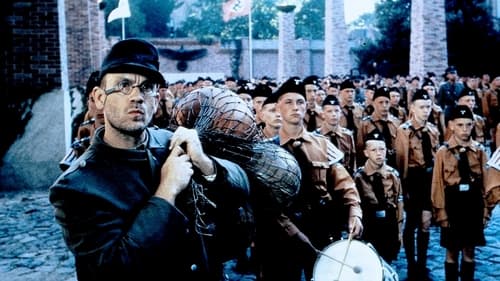
In Memory Of
Frenchman Abel Tiffauges is a naive man who lives a simple life working as a mechanic. Falsely accused of being a child abuser, he is recruited as a soldier when World War II begins, but is captured soon and taken to the heart of Nazi Germany.
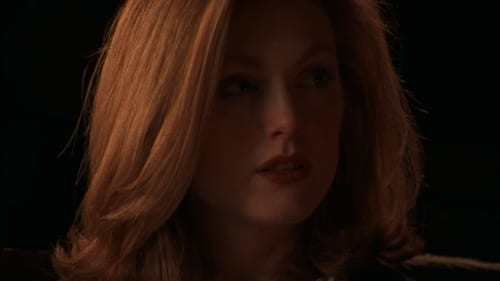
Director
An uninterrupted rehearsal of Chekhov's 1899 play "Uncle Vanya" played out by a company of actors. The setting is their run down theater with an unusable stage and crumbling ceiling. The play is shown act by act with the briefest of breaks to move props or for refreshments. The lack of costumes, real props and scenery is soon forgotten.

Self
Part one of a BBC documentary about Jean Renoir.
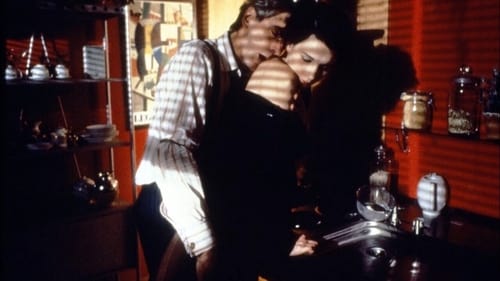
Producer
The life of a respected British politician at the height of his career crumbles when he becomes obsessed with his son's lover.

Director
The life of a respected British politician at the height of his career crumbles when he becomes obsessed with his son's lover.
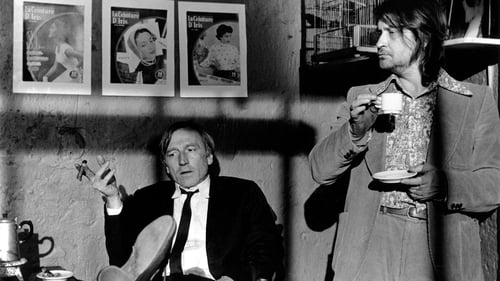
Gentleman
Three penniless artists become friends in modern-day Paris: Rodolfo, an Albanian painter with no visa, Marcel, a playwright and magazine editor with no publisher, and Schaunard, a post-modernist composer of execrable noise.
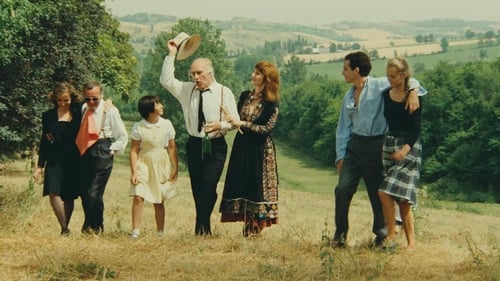
Producer
An eccentric family is re-united during the 1968 general strike in France, after the death of the grandmother.

Screenplay
An eccentric family is re-united during the 1968 general strike in France, after the death of the grandmother.

Director
An eccentric family is re-united during the 1968 general strike in France, after the death of the grandmother.
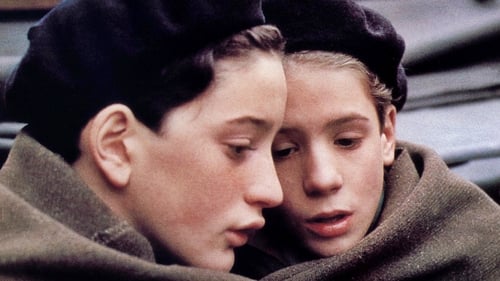
Producer
Au revoir les enfants tells a heartbreaking story of friendship and devastating loss concerning two boys living in Nazi-occupied France. At a provincial Catholic boarding school, the precocious youths enjoy true camaraderie—until a secret is revealed. Based on events from writer-director Malle’s own childhood, the film is a subtle, precisely observed tale of courage, cowardice, and tragic awakening.

Screenplay
Au revoir les enfants tells a heartbreaking story of friendship and devastating loss concerning two boys living in Nazi-occupied France. At a provincial Catholic boarding school, the precocious youths enjoy true camaraderie—until a secret is revealed. Based on events from writer-director Malle’s own childhood, the film is a subtle, precisely observed tale of courage, cowardice, and tragic awakening.

Director
Au revoir les enfants tells a heartbreaking story of friendship and devastating loss concerning two boys living in Nazi-occupied France. At a provincial Catholic boarding school, the precocious youths enjoy true camaraderie—until a secret is revealed. Based on events from writer-director Malle’s own childhood, the film is a subtle, precisely observed tale of courage, cowardice, and tragic awakening.

Narrator
In 1986, Louis Malle (himself a transplant to the United States) set out to investigate the ever-widening range of immigrant experience in America. Interviewing a variety of newcomers — from teachers to astronauts to doctors — in communities from coast to coast, Malle paints a humane portrait of their individual struggles in an increasingly polyglot nation.

Cinematography
In 1986, Louis Malle (himself a transplant to the United States) set out to investigate the ever-widening range of immigrant experience in America. Interviewing a variety of newcomers — from teachers to astronauts to doctors — in communities from coast to coast, Malle paints a humane portrait of their individual struggles in an increasingly polyglot nation.

Producer
In 1986, Louis Malle (himself a transplant to the United States) set out to investigate the ever-widening range of immigrant experience in America. Interviewing a variety of newcomers — from teachers to astronauts to doctors — in communities from coast to coast, Malle paints a humane portrait of their individual struggles in an increasingly polyglot nation.

Director
In 1986, Louis Malle (himself a transplant to the United States) set out to investigate the ever-widening range of immigrant experience in America. Interviewing a variety of newcomers — from teachers to astronauts to doctors — in communities from coast to coast, Malle paints a humane portrait of their individual struggles in an increasingly polyglot nation.
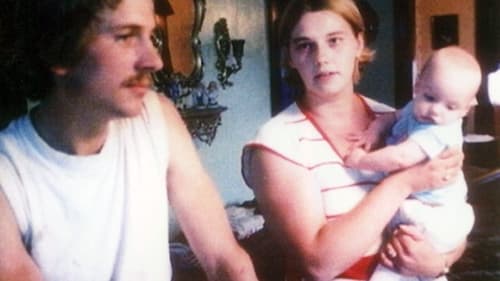
Director of Photography
In 1979, Louis Malle traveled into the heart of Minnesota to capture the everyday lives of the men and women in a prosperous farming community. Six years later, during Ronald Reagan's second term, he returned to find drastic economic decline. Free of stereotypes about America's "heartland," GOD'S COUNTRY, commissioned for American public television, is a stunning work of emotional and political clarity.

Narrator (voice)
In 1979, Louis Malle traveled into the heart of Minnesota to capture the everyday lives of the men and women in a prosperous farming community. Six years later, during Ronald Reagan's second term, he returned to find drastic economic decline. Free of stereotypes about America's "heartland," GOD'S COUNTRY, commissioned for American public television, is a stunning work of emotional and political clarity.

Director
In 1979, Louis Malle traveled into the heart of Minnesota to capture the everyday lives of the men and women in a prosperous farming community. Six years later, during Ronald Reagan's second term, he returned to find drastic economic decline. Free of stereotypes about America's "heartland," GOD'S COUNTRY, commissioned for American public television, is a stunning work of emotional and political clarity.

Self
Documentary about the life of explorer Jacques Cousteau.
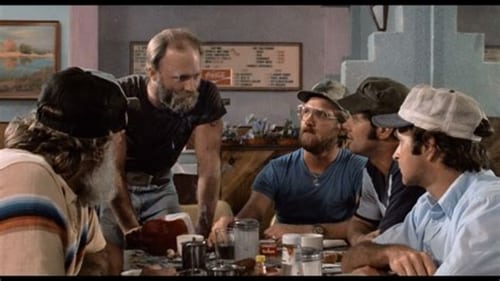
Producer
A despondent Vietnam veteran in danger of losing his livelihood is pushed to the edge when he sees Vietnamese immigrants moving into the fishing industry in a Texas bay town.

Director
A despondent Vietnam veteran in danger of losing his livelihood is pushed to the edge when he sees Vietnamese immigrants moving into the fishing industry in a Texas bay town.
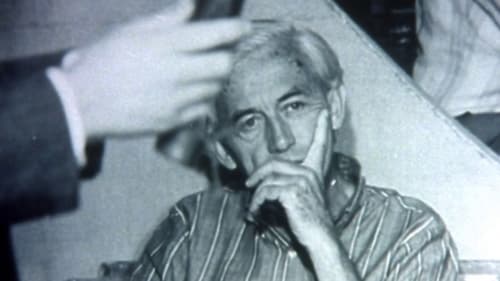
Self
A Dutch documentary about legendary French filmmaker Robert Bresson.

Interviewee
Interview with director Louis Malle conducted by Wallace Shawn, produced for the BBC-TV program "Arena".

Director
Garvey is a San Francisco pawnshop operator. His unemployed and criminal friends Dillard, Turtle and Weslake, team up with Boardwalk, a local pimp, to burgle Garvey's shop while the owner is out of town. During the elaborate planning process, Dillard falls for a Hispanic woman, the sister of a friend. Boardwalk is assigned to case a local apartment, where he meets and falls for the maid. Amidst all these romantic hijinks, Weslake puts together a burglary plan, which is executed by the makeshift gang.

Self
A documentary about child actors in Hollywood, exploring their history from the early days of film.

Reader - Melies Catalogue (voice)
A documentary overview of silent cinema pioneer Edwin S. Porter.
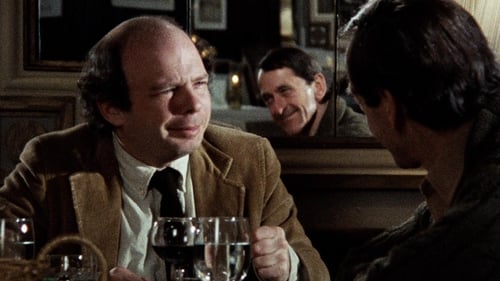
Director
Wallace Shawn and Andre Gregory, apparently playing themselves, share their lives over the course of an evening meal at a restaurant.
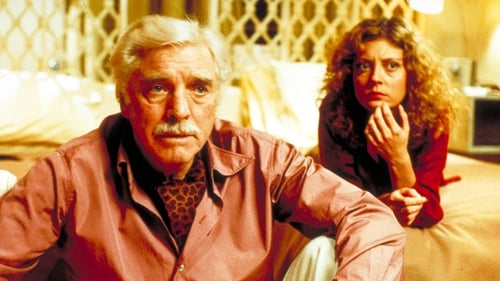
Director
In a corrupt city, a small-time gangster and the estranged wife of a pot dealer find themselves thrown together in an escapade of love, money, drugs and danger.
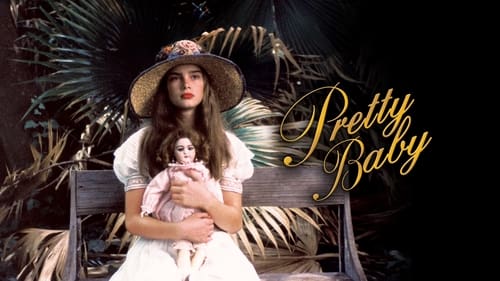
Producer
Hattie, a New Orleans prostitute, meets a photographer named Bellocq at her brothel one night and, after he photographs her, he befriends her 12-year-old daughter, Violet. When Violet is brought on as a working girl by her mother's madam and Hattie skips town to get married, Violet quickly loses her innocence and focuses on reuniting with Bellocq. But a life with Bellocq is compromised for Violet after her mother returns to town.

Story
Hattie, a New Orleans prostitute, meets a photographer named Bellocq at her brothel one night and, after he photographs her, he befriends her 12-year-old daughter, Violet. When Violet is brought on as a working girl by her mother's madam and Hattie skips town to get married, Violet quickly loses her innocence and focuses on reuniting with Bellocq. But a life with Bellocq is compromised for Violet after her mother returns to town.

Director
Hattie, a New Orleans prostitute, meets a photographer named Bellocq at her brothel one night and, after he photographs her, he befriends her 12-year-old daughter, Violet. When Violet is brought on as a working girl by her mother's madam and Hattie skips town to get married, Violet quickly loses her innocence and focuses on reuniting with Bellocq. But a life with Bellocq is compromised for Violet after her mother returns to town.
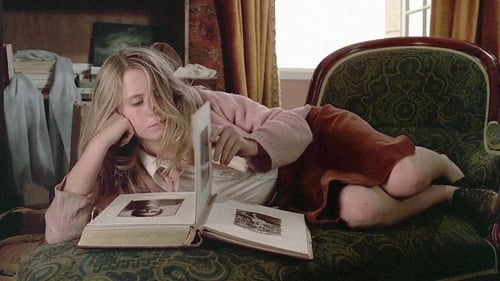
Writer
There is a war in the world between the men and the women. A young girl tries to escape this reality and comes to a hidden place where a strange unicorn lives with a family: sister, brother, many children and an old woman that never leaves her bed but stays in contact with the world through her radio.

Director
There is a war in the world between the men and the women. A young girl tries to escape this reality and comes to a hidden place where a strange unicorn lives with a family: sister, brother, many children and an old woman that never leaves her bed but stays in contact with the world through her radio.

Himself (uncredited)
A chronicle of the 1975 International Press Conclave hosted by Metro-Goldwyn-Mayer over two days in May 1975.

Self
Louis Malle presents his entertaining snapshot of the comings and goings on one street corner in Paris.

Director
Louis Malle presents his entertaining snapshot of the comings and goings on one street corner in Paris.

Director
In his documentary "Humain, Trop Humain," Louis Malle presents his meditative investigation of the inner workings of a French automotive plant.
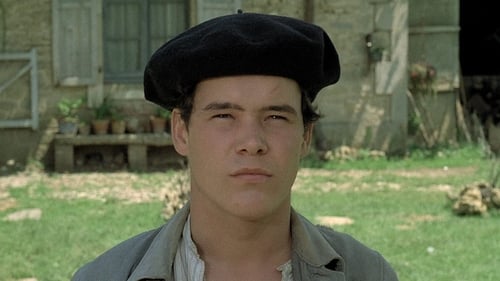
Producer
In Louis Malle's lauded drama, Lucien Lacombe is a young man living in rural France during World War II who seeks to join the French Resistance. When he is rejected due to his youth, the resentful Lucien allies himself with the Nazis and joins the Gallic arm of their Gestapo. Lucien grows to enjoy the power that comes with his position, but his life is complicated when he falls for France Horn, a beautiful young Jewish woman.

Writer
In Louis Malle's lauded drama, Lucien Lacombe is a young man living in rural France during World War II who seeks to join the French Resistance. When he is rejected due to his youth, the resentful Lucien allies himself with the Nazis and joins the Gallic arm of their Gestapo. Lucien grows to enjoy the power that comes with his position, but his life is complicated when he falls for France Horn, a beautiful young Jewish woman.

Director
In Louis Malle's lauded drama, Lucien Lacombe is a young man living in rural France during World War II who seeks to join the French Resistance. When he is rejected due to his youth, the resentful Lucien allies himself with the Nazis and joins the Gallic arm of their Gestapo. Lucien grows to enjoy the power that comes with his position, but his life is complicated when he falls for France Horn, a beautiful young Jewish woman.
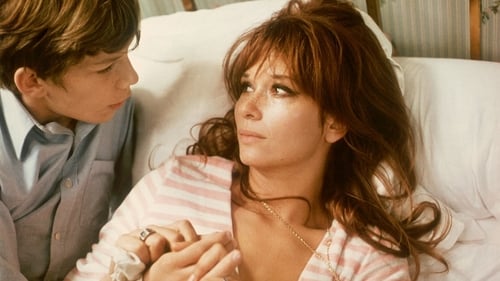
Writer
This loosely plotted coming-of-age tale follows the life of 15-year-old Laurent Chevalier as he stumbles his way over the burgeoning swell of adolescence in 1950s France. After having his first sexual experience with a prostitute and dodging the lips of a priest, Chevalier contracts a case of scarlet fever. When the fever leaves him with a heart murmur, Chevalier is placed in a sanatorium, along with his over-attentive and adulterous mother.

Director
This loosely plotted coming-of-age tale follows the life of 15-year-old Laurent Chevalier as he stumbles his way over the burgeoning swell of adolescence in 1950s France. After having his first sexual experience with a prostitute and dodging the lips of a priest, Chevalier contracts a case of scarlet fever. When the fever leaves him with a heart murmur, Chevalier is placed in a sanatorium, along with his over-attentive and adulterous mother.
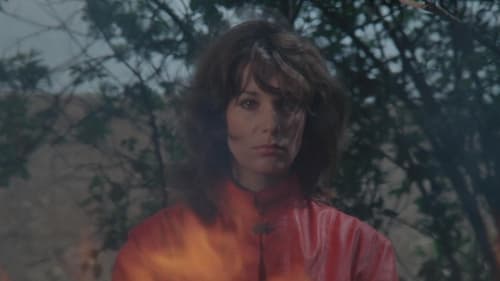
Jésus
Treated as an outcast and exploited by the villagers of a small town, a young woman liberates herself through sex, which she uses as a tool of economic gain and an instrument of revenge against those who have wronged her.

Writer
When he was cutting "Phantom India," Louis Malle found that the footage shot in Calcutta was so diverse, intense, and unforgettable that it deserved its own film. The result, released theatrically, is at times shocking—a chaotic portrait of a city engulfed in social and political turmoil.

Narrator (voice)
When he was cutting "Phantom India," Louis Malle found that the footage shot in Calcutta was so diverse, intense, and unforgettable that it deserved its own film. The result, released theatrically, is at times shocking—a chaotic portrait of a city engulfed in social and political turmoil.

Director
When he was cutting "Phantom India," Louis Malle found that the footage shot in Calcutta was so diverse, intense, and unforgettable that it deserved its own film. The result, released theatrically, is at times shocking—a chaotic portrait of a city engulfed in social and political turmoil.

Screenplay
Anthology film from three European directors based on stories by Edgar Allan Poe: a cruel countess haunted by a ghostly horse, a sadistic young man haunted by his double, and an alcoholic actor haunted by the Devil.

Adaptation
Anthology film from three European directors based on stories by Edgar Allan Poe: a cruel countess haunted by a ghostly horse, a sadistic young man haunted by his double, and an alcoholic actor haunted by the Devil.

Director
Anthology film from three European directors based on stories by Edgar Allan Poe: a cruel countess haunted by a ghostly horse, a sadistic young man haunted by his double, and an alcoholic actor haunted by the Devil.
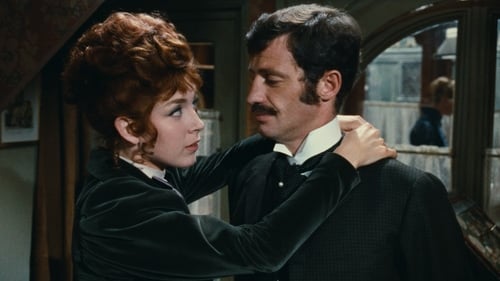
Un figurant (uncredited)
In Paris around 1900, Georges Randal is brought up by his wealthy uncle, who steals his inheritance. Georges hopes to marry his cousin Charlotte, but his uncle arranges for her to marry a rich neighbour. As an act of revenge, Georges steals the fiance's family jewels, and enjoys the experience so much that he embarks upon a life-time of burglary.

Screenplay
In Paris around 1900, Georges Randal is brought up by his wealthy uncle, who steals his inheritance. Georges hopes to marry his cousin Charlotte, but his uncle arranges for her to marry a rich neighbour. As an act of revenge, Georges steals the fiance's family jewels, and enjoys the experience so much that he embarks upon a life-time of burglary.

Director
In Paris around 1900, Georges Randal is brought up by his wealthy uncle, who steals his inheritance. Georges hopes to marry his cousin Charlotte, but his uncle arranges for her to marry a rich neighbour. As an act of revenge, Georges steals the fiance's family jewels, and enjoys the experience so much that he embarks upon a life-time of burglary.

Self
Documentary about the making of Marcel Carne's 1945 film Children of Paradise (France), interviewing the director, the actors and production designer, as well as other French directors.
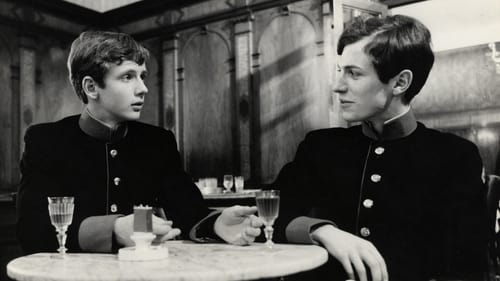
Producer
At an Austrian boys' boarding school in the early 1900s, shy, intelligent Törless observes the sadistic behavior of his fellow students, doing nothing to help a victimized classmate—until the torture goes too far. Adapted from Robert Musil's acclaimed novel, Young Törless launched the New German Cinema movement and garnered the 1966 Cannes Film Festival International Critics' Prize for first-time director Volker Schlöndorff.
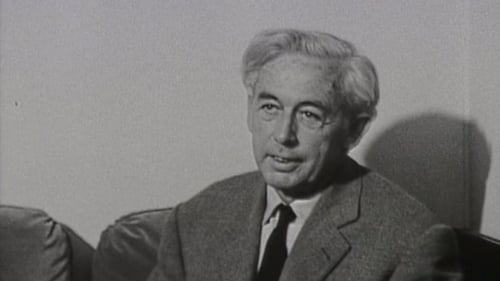
Self
A documentary, originally produced in 1966 for the French TV series "Pour le plaisir," about Robert Bresson's film "Au Hasard Balthazar," featuring interviews and discussions with Bresson, Jean-Luc Godard, Louis Malle, Marguerite Duras and others.
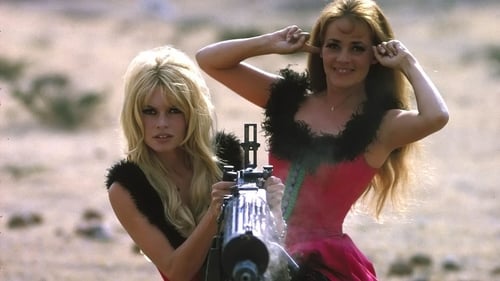
Screenplay
Gorgeous IRA operative Marie flees the British authorities and finds herself somewhere in the American continent, where she meets a stunning woman also named Marie, a singer in a traveling circus. The new friends start a vaudeville act that grows exponentially more popular after they incorporate striptease into their routine. When the singer Maria falls for a charismatic rebel, the girls leave the circus behind and recreate themselves as wild-eyed revolutionaries.

Director
Gorgeous IRA operative Marie flees the British authorities and finds herself somewhere in the American continent, where she meets a stunning woman also named Marie, a singer in a traveling circus. The new friends start a vaudeville act that grows exponentially more popular after they incorporate striptease into their routine. When the singer Maria falls for a charismatic rebel, the girls leave the circus behind and recreate themselves as wild-eyed revolutionaries.

Director
A documentary short for "Five Columns à la une".
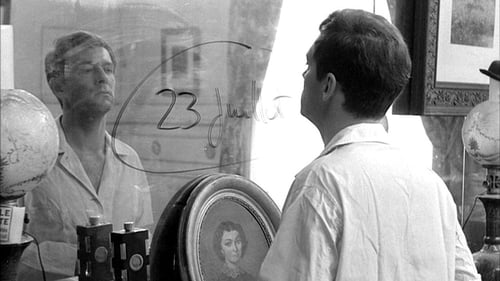
Screenplay
Although his alcoholism has been treated, Alain still feels he is deeply unwell and does not feel he can leave the detoxification clinic once and for all. His wife, living in New York, continues to pay for his treatment, but no longer contacts him directly. He intends to commit suicide, but first takes a ride to Paris to catch up with old friends.

Director
Although his alcoholism has been treated, Alain still feels he is deeply unwell and does not feel he can leave the detoxification clinic once and for all. His wife, living in New York, continues to pay for his treatment, but no longer contacts him directly. He intends to commit suicide, but first takes a ride to Paris to catch up with old friends.
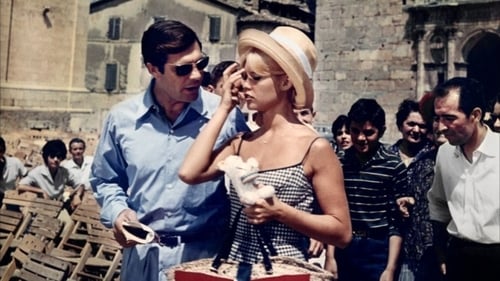
Writer
When Jill becomes a movie star, she soon discovers that her private life is destroyed by persistent fans that won't leave her alone. Her mother's ex-lover, Fabio, tries to protect her.

Director
When Jill becomes a movie star, she soon discovers that her private life is destroyed by persistent fans that won't leave her alone. Her mother's ex-lover, Fabio, tries to protect her.
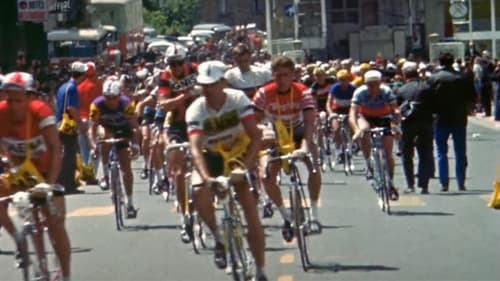
Director of Photography
A short documentary about the 1962 Tour-de-France. Topics covered include: crowds of people and motorcycles, drinking raids and feeding, pileups, doping, "the charge," and the mountain stages.

Writer
A short documentary about the 1962 Tour-de-France. Topics covered include: crowds of people and motorcycles, drinking raids and feeding, pileups, doping, "the charge," and the mountain stages.

Director
A short documentary about the 1962 Tour-de-France. Topics covered include: crowds of people and motorcycles, drinking raids and feeding, pileups, doping, "the charge," and the mountain stages.
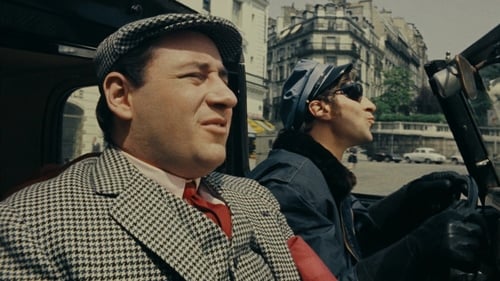
Producer
A brash and precocious ten-year-old comes to Paris for a whirlwind weekend with her rakish uncle. He and the viewer get more than they bargained for, however, in this anarchic comedy that rides roughshod over the City of Light. Based on a popular novel by Raymond Queneau that had been considered unadaptable, the audacious Zazie dans le Métro, made with flair on the cusp of the French New Wave, is a bit of stream-of-consciousness slapstick, wall-to-wall with visual gags, editing tricks, and effects.

Screenplay
A brash and precocious ten-year-old comes to Paris for a whirlwind weekend with her rakish uncle. He and the viewer get more than they bargained for, however, in this anarchic comedy that rides roughshod over the City of Light. Based on a popular novel by Raymond Queneau that had been considered unadaptable, the audacious Zazie dans le Métro, made with flair on the cusp of the French New Wave, is a bit of stream-of-consciousness slapstick, wall-to-wall with visual gags, editing tricks, and effects.

Director
A brash and precocious ten-year-old comes to Paris for a whirlwind weekend with her rakish uncle. He and the viewer get more than they bargained for, however, in this anarchic comedy that rides roughshod over the City of Light. Based on a popular novel by Raymond Queneau that had been considered unadaptable, the audacious Zazie dans le Métro, made with flair on the cusp of the French New Wave, is a bit of stream-of-consciousness slapstick, wall-to-wall with visual gags, editing tricks, and effects.
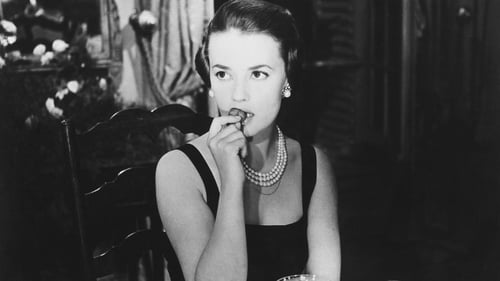
Director
A shallow, provincial wife finds her relationship with her preoccupied husband strained by romantic notions of love, leading her further towards Paris and the country wilderness.
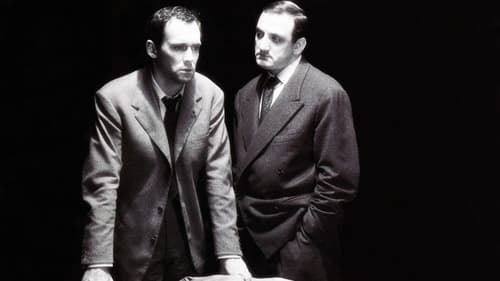
Screenplay
A self-assured businessman murders his employer, the husband of his mistress, which unintentionally provokes an ill-fated chain of events.

Director
A self-assured businessman murders his employer, the husband of his mistress, which unintentionally provokes an ill-fated chain of events.

Director of Photography
The Silent World is noted as one of the first films to use underwater cinematography to show the ocean depths in color. Its title derives from Cousteau's 1953 book The Silent World: A Story of Undersea Discovery and Adventure. The film was shot aboard the ship Calypso. A team of divers shot 25 kilometers of film over two years in the Mediterranean Sea, the Persian Gulf, the Red Sea and the Indian Ocean, of which 2.5 kilometers were included in the finished documentary.

Director
The Silent World is noted as one of the first films to use underwater cinematography to show the ocean depths in color. Its title derives from Cousteau's 1953 book The Silent World: A Story of Undersea Discovery and Adventure. The film was shot aboard the ship Calypso. A team of divers shot 25 kilometers of film over two years in the Mediterranean Sea, the Persian Gulf, the Red Sea and the Indian Ocean, of which 2.5 kilometers were included in the finished documentary.

Director
Follows the scientific research carried out in the natural cavity of Fontaine-de-Vaucluse by Cousteau and OFRS (French Underwater Research Office) divers, who reach for the first time a depth of 243 ft.

Director of Photography
A research expedition to the Persian Gulf and a dive near Bahrain in search of oil. The film was sponsored by the French arm of British Petroleum, and featured the ship Calypso which later became world famous.

Writer
A research expedition to the Persian Gulf and a dive near Bahrain in search of oil. The film was sponsored by the French arm of British Petroleum, and featured the ship Calypso which later became world famous.

Director
A research expedition to the Persian Gulf and a dive near Bahrain in search of oil. The film was sponsored by the French arm of British Petroleum, and featured the ship Calypso which later became world famous.

Louis Malle's student film, featuring the title song by Charlie Parker.

Director
Louis Malle's student film, featuring the title song by Charlie Parker.
